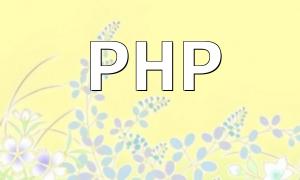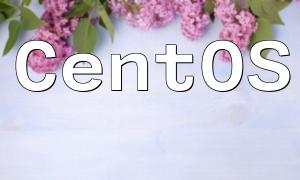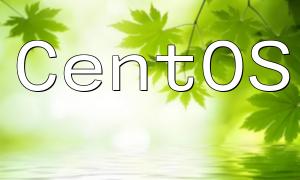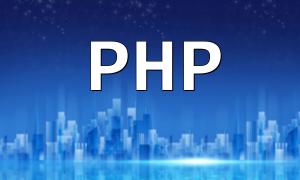PHP and C language are both widely used programming languages, but they have clear differences. PHP is a scripting language originally created by Rasmus Lerdorf in 1994 for building dynamic web pages. Over time, PHP evolved into an open-source, general-purpose scripting language supporting object-oriented and some functional programming.
On the other hand, C language is a procedural programming language designed by Dennis Ritchie in the early 1970s. It is a low-level language widely used in system software development and low-level programming. Due to its efficiency, portability, and flexibility, C is considered a powerful tool for hardware resource manipulation.
PHP and C language share some syntactic similarities but also show differences. PHP syntax is more concise and flexible, allowing code to be embedded within HTML, making it ideal for dynamic web development. Example:
<?php
echo "Hello, PHP!";
?>
In contrast, C language syntax is strict, requiring a main function as the program entry point and a clear code structure. Example:
#include <stdio.h>
int main() {
printf("Hello, C!");
return 0;
}
PHP is an interpreted language, executing code line by line at runtime. Changes to PHP code take effect immediately but come with relatively slower execution speed. PHP offers a rich set of built-in functions that simplify handling strings, arrays, and database operations.
C language, however, is a compiled language that requires source code to be converted to machine code before execution, resulting in higher efficiency but an extra compilation step. C provides low-level features allowing direct memory and hardware manipulation, suitable for performance-critical applications.
PHP was initially designed for dynamic web development. Thanks to its seamless integration with HTML and CSS and strong database support, it has become an essential language for web development. PHP is widely used for building websites, content management systems, and e-commerce platforms.
C language is flexible and efficient, playing a crucial role in system software and low-level programming. Many operating system kernels, such as Unix and Linux, as well as embedded systems, are developed using C. It is also used for device drivers, network protocols, and real-time systems.
Additionally, C language is applied in scientific computing, graphics processing, and game development, where high performance and low-level control are required.
In summary, PHP and C language have significant differences in background, syntax, and semantics. PHP, as a scripting language, is suited for dynamic web development with concise syntax and abundant built-in functions. C language, meanwhile, is ideal for system software and low-level programming due to its efficiency and portability.
The choice between PHP and C largely depends on specific requirements: PHP is a great choice for dynamic websites, whereas C language is preferred when low-level performance and hardware control are needed.









